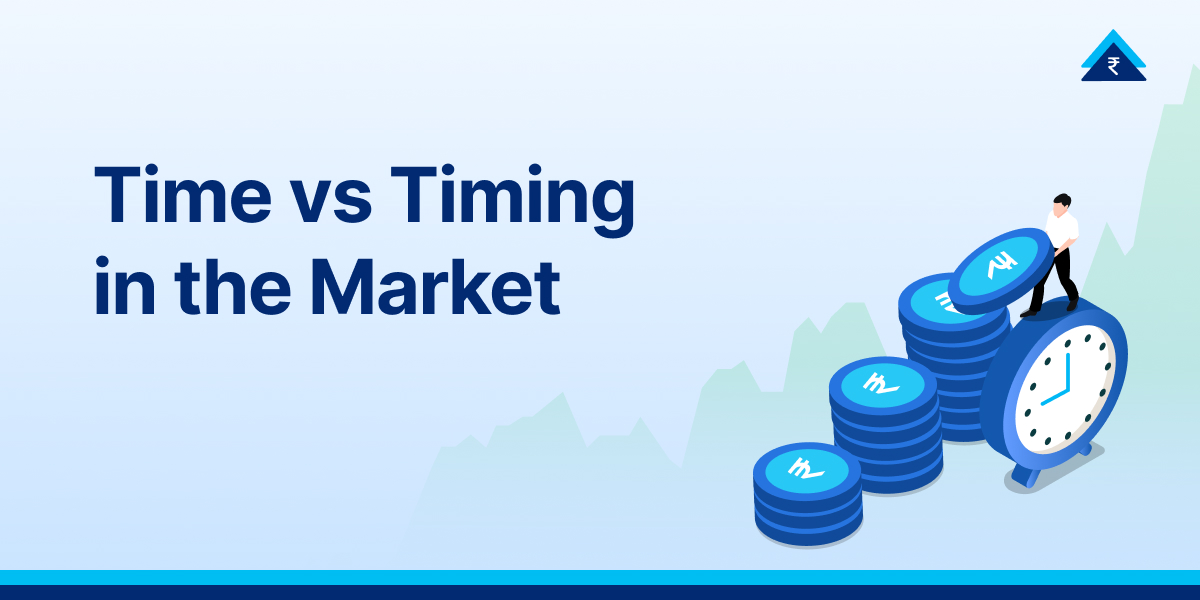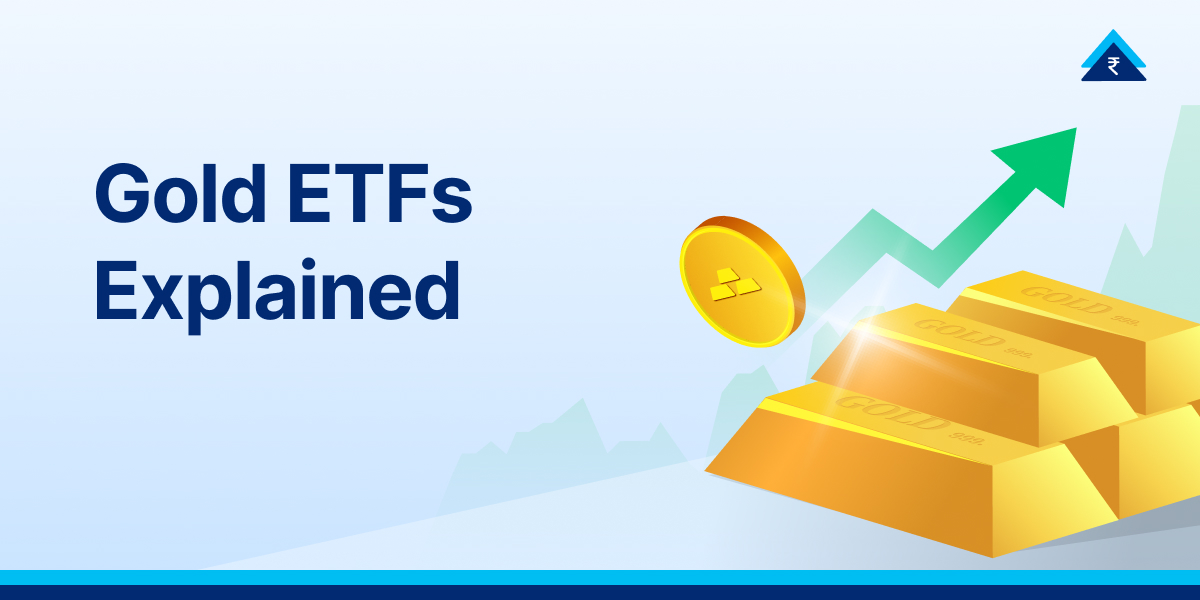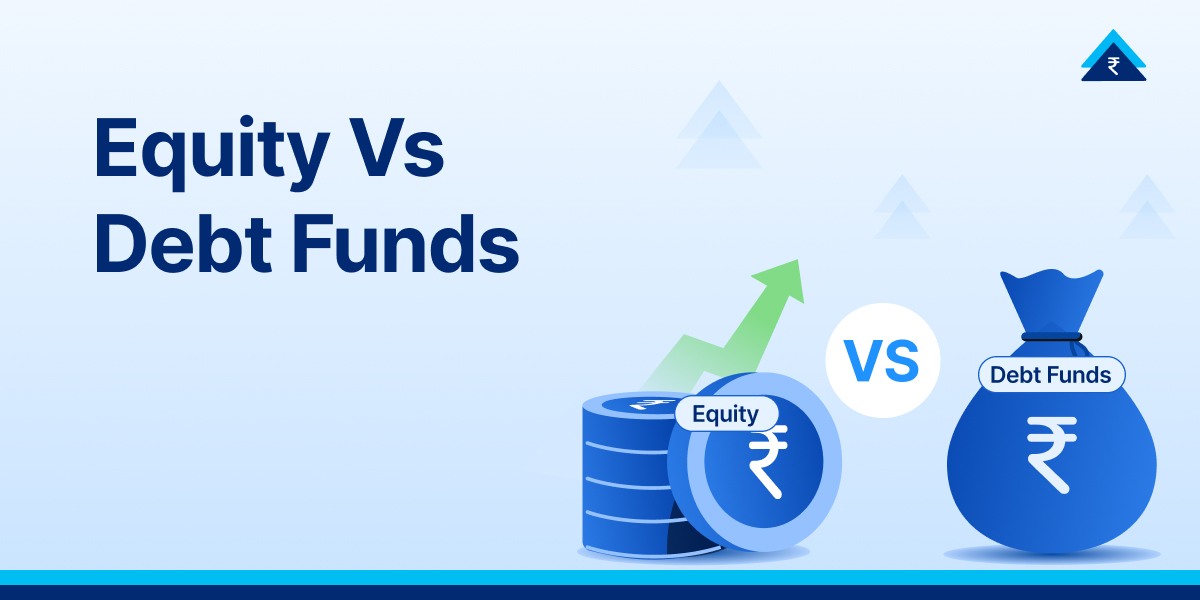The Securities and Exchange Board of India is the regulator of the Indian investment market. SEBI was established in 1982, at a time when India was going through its biggest stock market scam orchestrated by Harshad Mehta.
As stock markets started gaining popularity, malpractices also started rising, some of which included insider trading, violations of stock exchange rules, delay in delivery of shares (it was physical delivery at that time), and so on.
As people started losing their confidence in stock markets, the Indian government realized the necessity of a regulator who can act as a watchdog and keep an eye on all the happenings in the market and safeguard investor interests.
Let’s get a deeper understanding of what does SEBI do
Contents
SEBI’s powers and functions
The primary function of SEBI is to safeguard investor interests and to ensure that investors are not cheated in any way.
In case of any fraudulent activities investors can directly file their complaints on SEBI’s website or they can also send their complaints to SEBI headquarters.
The regulator ensures that all transactions in stock markets take place in a secure manner and it monitors every activity of financial intermediaries.
SEBI regulates share transfer agents, stockbrokers, merchant bankers, trustees, and others who are linked to the stock exchange. SEBI also regulates mutual funds, AIF (alternative investment funds), private equity, and venture capital funds.
SEBI also regulates intermediaries, distributors and keeps a close eye on all transactions.
Another function of SEBI is to monitor company take-overs and acquisition of shares.
The powers of the regulator include passing judgments in cases of fraud and unethical practices in securities markets.
SEBI has the power to audit and examines documents and accounts of companies to gather evidence against violations and it can take legal action against the rule-breakers.
The most important power that SEBI has in order to protect investors is that it can design the guidelines and formulate rules and regulations to minimize malpractices happening in stock markets.
Conclusion
The stock market is one of the most important indicators of a country’s economic health. The foremost job of a regulator is to safeguard investor’s interests and make sure that there aren’t any malpractices happening in the trade and investors aren’t cheated.
After SEBI came to power in 1982, stock market affairs started becoming healthier and more transparent. Although unfair activities do happen in the Indian capital market even today, their frequency is quite low.






